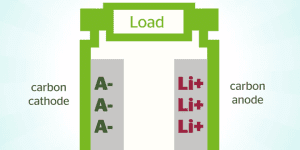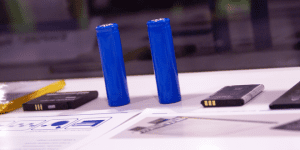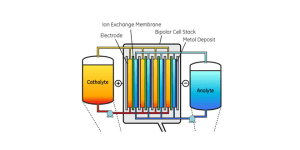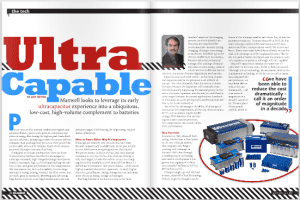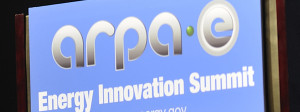Seldom does a week go by without an announcement of a promising new battery technology – but the road from the laboratory to the auto dealership is a long one, and there’s no knowing which of today’s breakthroughs might enable tomorrow’s mass-market EVs. This week’s news, from Power Japan Plus, almost sounds too good to… Read more »
Search Results Found For: "thermal runaway"
Porous Power’s ceramic battery separator aims to enhance performance of Li-ion batteries
Porous Power Technologies has announced the launch of Symmetrix NC2020, a ceramic battery separator designed to improve thermal stability and safety of large-format lithium-ion batteries. “Symmetrix NC2020 is non-flammable and more resistant to shrinkage than conventional separators,” according to the company. “This makes cells more stable when damaged or abused and can prevent or delay… Read more »
University of Colorado researchers to commercialize new solid-state battery
The University of Colorado Boulder (CU) has signed an agreement with Solid Power LLC, a spin-off company, to develop and commercialize a solid-state battery technology that has the potential to greatly improve EV range. Solid Power, founded by Se-Hee Lee and Conrad Stoldt, both associate professors of mechanical engineering, was recently awarded a $3.4 million… Read more »
GE and Berkeley researchers hint at new water-based battery
It sounds like an intriguing idea: a new type of battery that uses water-based solutions of inorganic chemicals that can supply high energy density by ferrying more than one electron at a time. Scientists at GE Global Research and Lawrence Berkeley National Laboratory are working on such a system, which they call the a “flow”… Read more »
OXIS Energy bets on lithium-sulfur
Though it may have a stinky reputation, sulfur could set EVs on the path to total ICE replacement if energy-dense, low-weight lithium-sulfur batteries become the norm. British-based OXIS Energy is banking its business on it. If American clean energy industries are to take full advantage of the emerging lithium-sulfur (Li-S) battery chemistry, they just may… Read more »
Ultracapacitors creep into automotive
Maxwell looks to leverage its early ultracapacitor experience into a ubiquitous, low-cost, high-volume complement to batteries. Power sources like internal combustion engines and advanced battery packs work great as continuous suppliers of energy. But during the highest peak loads, both sacrifice efficiency attempting to meet the power delivery demands. And pushing these devices to their… Read more »
ARPA-E’s new RANGE program offers $20m for battery research
If you think you can develop an EV battery that delivers three times the range for a third less cost than current designs, you can claim a slice of $20 million in research funding from the DOE’s Advanced Research Projects Agency – Energy (ARPA-E). The agency has issued a funding opportunity announcement (FOA) for the… Read more »
Rich Byczek on delayed battery overheating and stranded energy
(This article originally appeared in Charged Issue 6 – JAN/FEB 2013) EV standards gaps: Intertek’s Rich Byczek on two of the biggest safety concerns centered around batteries. The EV industry is young and evolving quickly – too quickly, in some cases, for the standards community to keep up. The competing charging standards provide the most obvious example. There are… Read more »
Musk: Boeing batteries “inherently unsafe”
Well, what a surprise – Elon Musk is in the news again. A few days ago, he offered to help out beleaguered Boeing, whose pride and joy, the new 787 Dreamliner, has been grounded because of its battery pack problems. Now Musk has criticized the Dreamliner’s battery design as “inherently unsafe,” in an email to… Read more »
Ampaire receives $9-million ARPA-E grant to develop hybrid-electric aircraft systems
Ampaire, a manufacturer of electrified aircraft, has received a $9-million grant from the DOE’s Advanced Research Projects Agency-Energy (ARPA-E) SCALEUP program, which it will use for the development of FAA-certified hybrid subsystems. The company is currently using a converted hybrid Cessna 337 Skymaster aircraft—dubbed the ARPA-E Bird—as a test bed for the development of subsystems… Read more »




